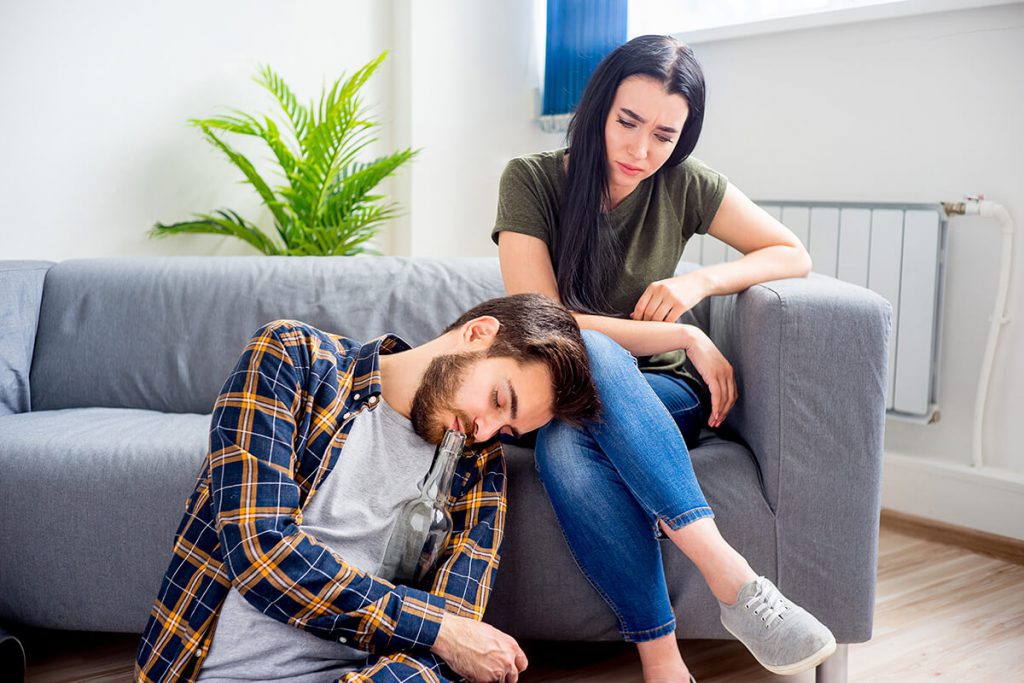If you have suffered from alcohol addiction for several weeks, months, or years, you may have developed a dependency on drinking. Therefore, if you try to quit, you will experience alcohol detox symptoms. These symptoms can range from moderate to severe. In some cases, alcohol detox symptoms will cause a significant amount of discomfort and last for several days. Alcoholism treatment in Mahanoy City PA is available if you are ready to quit drinking but are unable to do so on your own. A treatment center provides a safe environment where a specialist can monitor and help you as you are going through your symptoms of alcohol detox. We are here to help you overcome your addiction to alcohol.

What Causes Alcohol Detox Symptoms?
Alcohol is largely a depressant. It slows down your brain function and alters neurotransmitter function between your nerves and your brain. The more you drink, the more alcohol your body needs to get drunk. As a result, you may increase your intake, as well as the frequency of your drinks over a period.
Pretty soon, your brain will crave more alcohol. Eventually, you will form a dependency. This is both a biological and a psychological craving. Once you decide to quit drinking, your body will go through a detox period as it readjusts to not having alcohol.
This causes a wide range of symptoms. Some of these symptoms are mild. Others are several. Occasionally, they can be life-threatening.
What Are the Symptoms of Alcohol Detox?
The most common alcohol detox symptoms include:
- Anxiety, fear, or deep depression
- Sweating and shaky hands
- The inability to sleep
- Severe headaches that will not go away
- Nausea and vomiting
Some of the most severe symptoms may include disorientation, increased heart rate, high blood pressure, high fever, and heavy sweating. While these symptoms may seem unbearable, you can get through them with professional help. Alcoholism treatment in Mahanoy City, PA is available if you need to enter detox.
Treatment for Alcoholism
Once you complete your detox program, there will be options available for long-term treatment, including:
- Residential, inpatient, and outpatient treatment
- Dual diagnosis treatment for mental health issues
- Relapse prevention programs to keep you clean
- Individual, group, and family therapy programs
- Cognitive behavioral therapy
- Holistic treatment for addiction
A treatment specialist can meet with you once you get out of detox, and your alcohol detox symptoms finally go away. Your therapist can help you determine what type of treatment is best for you based on your situation and your needs.



